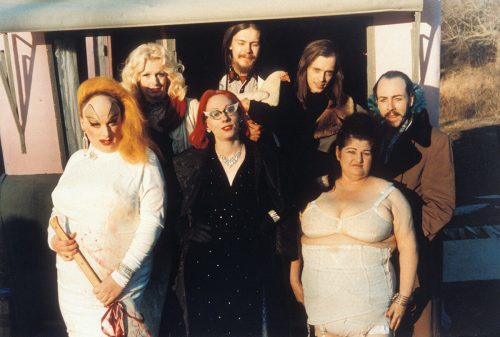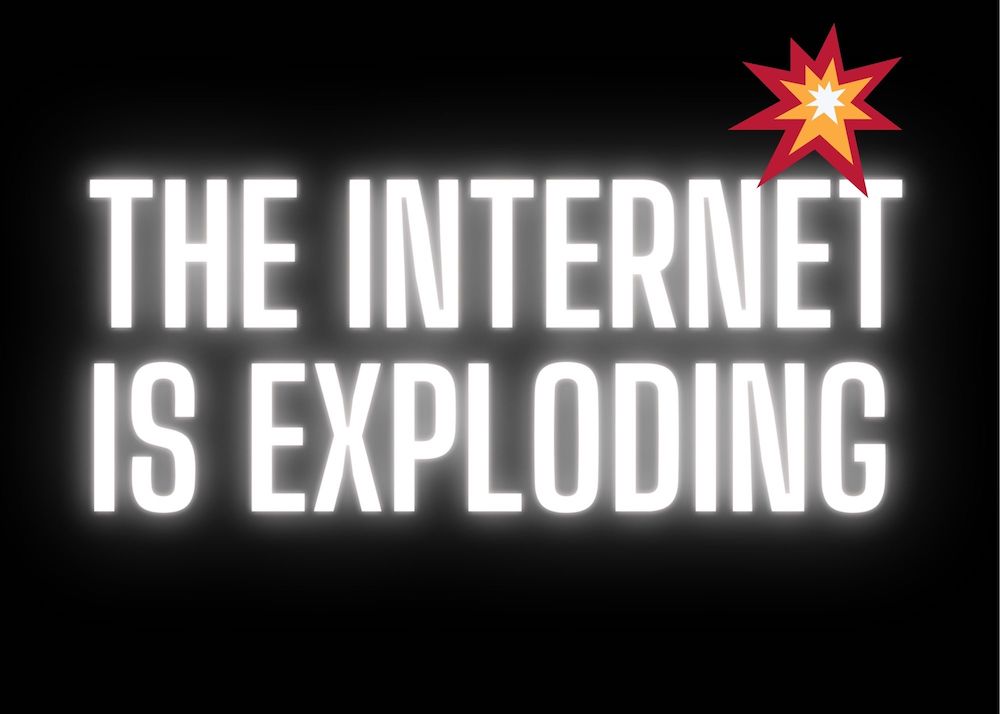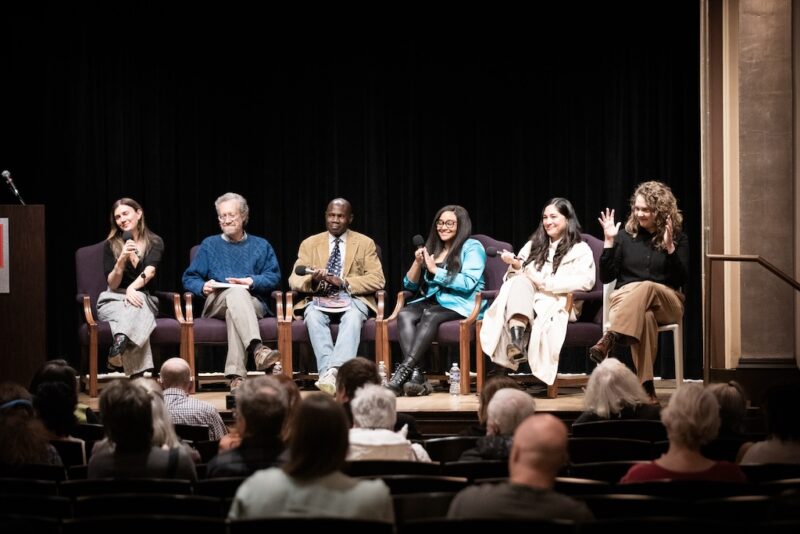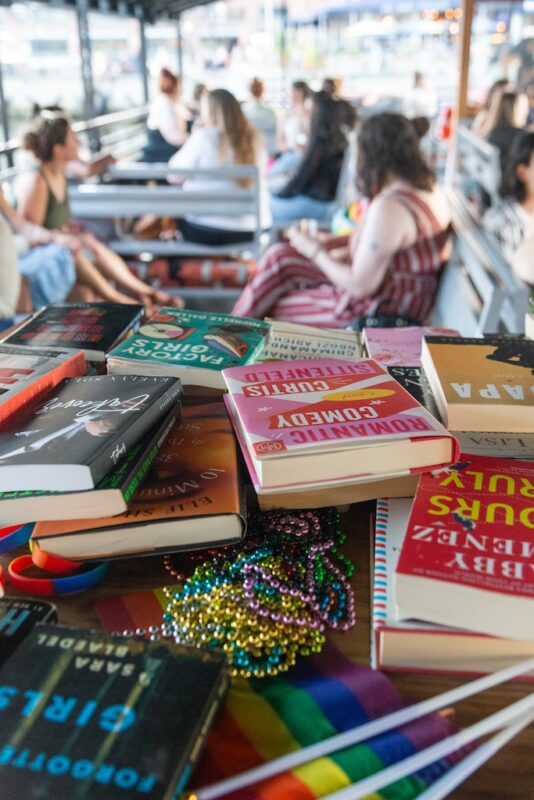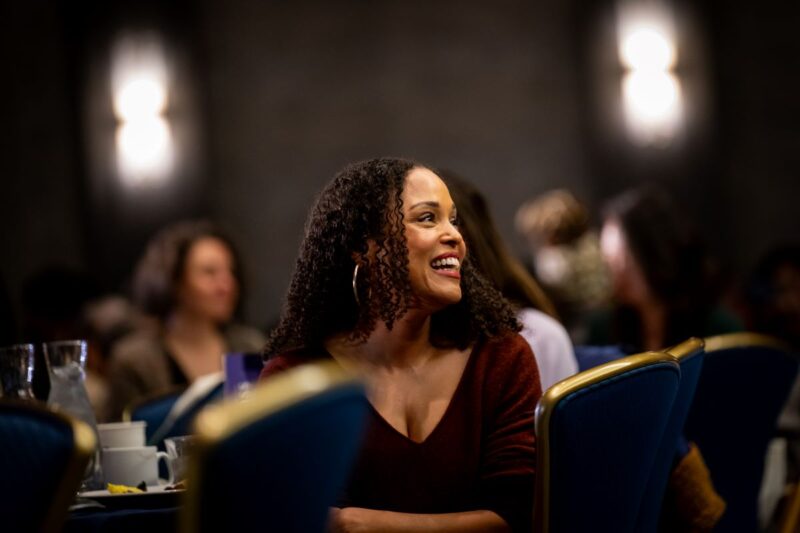5. BuzzFeed: The Internet’s Response To Ukraine Has Been Peak Cringe
Since much of the present internet discourse is centered around Ukraine, it is getting weird on Twitter: “People have been posting some of the most cringeworthy, inappropriate, strange, or hilariously out-of-touch content that I have maybe ever observed.”
This article is centered around an American experience of being online. The US is exceptional at commodifying everything, and “sellers on Etsy are even getting in on the action. On the platform, you can buy mugs with Zelensky’s face on them surrounded by the colors of the Ukrainian flag, a T-shirt with a quote from the president in flowery script, another with Zelensky’s face on the famous Barack Obama ‘Hope’ logo, or one that reads ‘President Zelenskyy, my hero.’” Along with profiting off a war (outside of the expected ways arms dealers and huge corporations and others profit off of war), people are also posting slews of tweets and TikToks, several of which are linked in this article, to gain virality. But “everyone who spends a lot of time posting content on the internet should use this moment to take a step back. What do they want to put out into the world? Is it helpful, or is it not? And maybe, just maybe, this is a time to keep your thoughts and opinions to yourself.”
